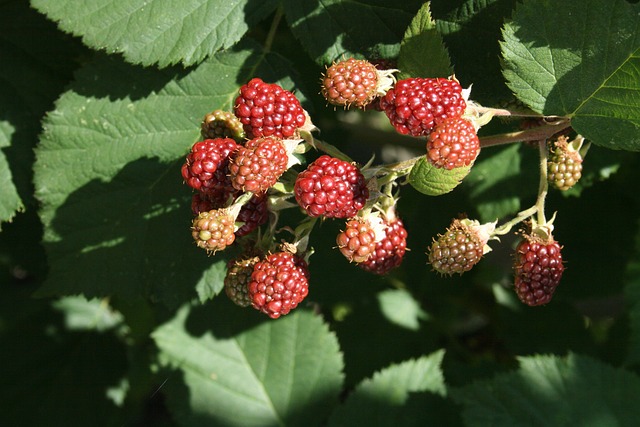Test Your Skill – Take a Quiz on Foraging
Introduction
In an unpredictable world, where self-reliance and preparedness have become more crucial than ever, foraging is a skill that can mean the difference between survival and hardship. For preppers, understanding how to safely and effectively gather food from the wild is not just an option; it’s a necessity. Foraging provides access to a variety of nutritious plants, berries, nuts, and even fungi, all of which can supplement your food stores and reduce your dependence on conventional supplies.
The Basics of Foraging
Foraging is the act of searching for and harvesting wild food resources. While it might seem like a primitive practice, it’s one that has sustained humanity for thousands of years. The key to successful foraging lies in knowledge—knowing what plants are safe to eat, where to find them, and how to harvest them sustainably.
Before heading into the wild, it’s crucial to familiarize yourself with the local flora. Many plants have toxic look-alikes, so accurate identification is essential. Invest in a good field guide that’s specific to your region and season, or consider taking a foraging course from an expert. Online communities and apps can also provide valuable insights, but nothing beats hands-on experience.
Essential Foraging Skills
- Plant Identification: The first and most crucial skill for any forager is the ability to identify edible plants. Focus on learning about a few key species at first, such as dandelions, wild onions, and clover. These are common, easy to identify, and provide a good nutritional foundation.
- Understanding Ecosystems: Different plants thrive in different environments. Learn to recognize various ecosystems, such as woodlands, meadows, and wetlands, and understand which edible plants are likely to be found in each.
- Seasonal Awareness: Foraging is a seasonal activity. Some plants are only available at certain times of the year, so it’s important to know when and where to find them. Spring and summer are typically the most bountiful seasons, but fall and winter can also offer valuable resources like nuts, roots, and mushrooms.
- Sustainable Harvesting: As a prepper, sustainability should be a priority. Harvest only what you need and leave enough for the plants to continue growing and reproducing. Overharvesting can lead to depletion of wild resources, making it harder for you and others to find food in the future.
Top Forageable Foods for Preppers
- Berries: Blackberries, raspberries, and blueberries are among the most accessible and nutritious wild foods. They are rich in vitamins and antioxidants, making them an excellent addition to any diet.
- Nuts: Acorns, walnuts, and hazelnuts are energy-dense and can be stored for long periods. Proper processing is necessary, especially with acorns, which need to be leached of their tannins before consumption.
- Wild Greens: Dandelions, nettles, and chickweed are just a few examples of edible greens that are often considered weeds. They are packed with nutrients and can be used in salads, soups, or teas.
- Roots and Tubers: Plants like cattails and wild onions offer starchy roots that can be a valuable source of carbohydrates. These can be roasted, boiled, or eaten raw, depending on the species.
- Mushrooms: For those who are well-versed in mycology, wild mushrooms like chanterelles and morels can be a delicious and nutritious find. However, extreme caution is required, as many mushrooms have deadly look-alikes.
Foraging Safety Tips
- Never eat anything you can’t positively identify. Some plants and fungi can cause severe illness or death if misidentified.
- Test new foods in small quantities to ensure you don’t have an adverse reaction.
- Avoid foraging in areas that may be contaminated by pesticides, pollution, or animal waste.
- Respect private property and obtain permission before foraging on land that isn’t yours.
Conclusion
Foraging is more than just a survival skill; it’s a way to connect with nature and enhance your self-sufficiency. By incorporating wild foods into your prepping strategy, you can reduce your reliance on stored supplies and gain confidence in your ability to thrive in a world where resources may be limited. Start small, build your knowledge, and soon you’ll find that the wild offers more than you ever imagined—nourishment, resilience, and a deeper understanding of the natural world around you.

